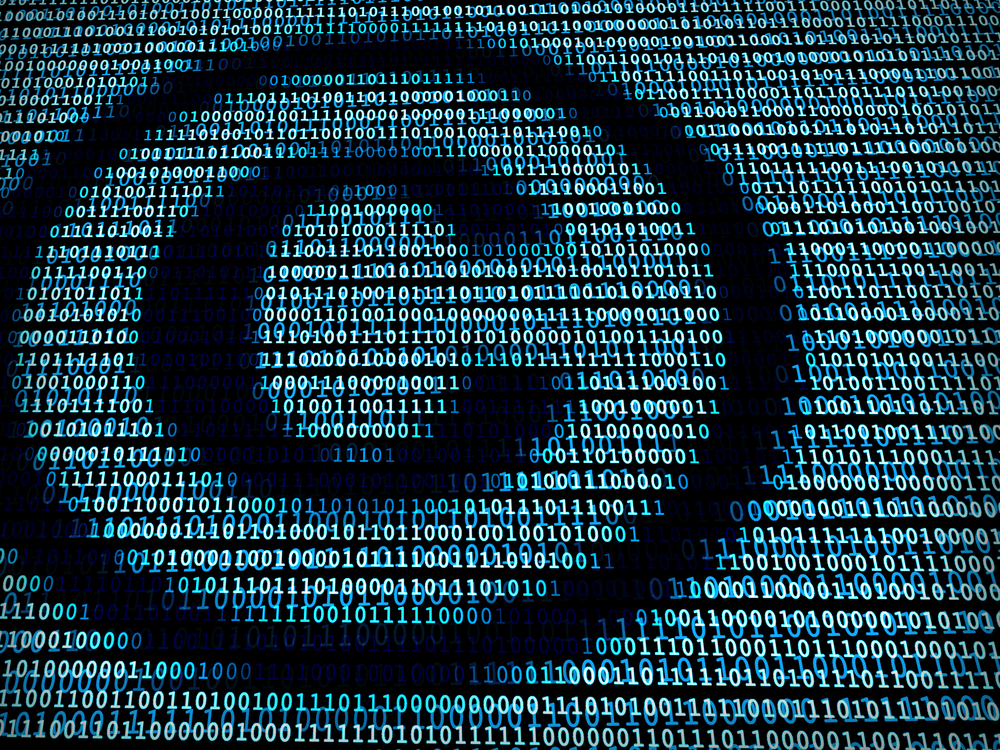In an era where artificial intelligence is reshaping industries, the legality of AI music generators stands as an important question for creators and businesses alike. As pioneers in this field, Soundful navigates this complex terrain, ensuring that innovation and legality peacefully coexist.
Understanding the Legal Landscape of AI Music Generators
The integration of AI in music creation brings with it a host of legal considerations.
The crux of the matter lies in copyright law, traditionally designed to protect human-made creations. However, AI music generators operate in a place where human input and machine algorithms blend, creating a grey area in legal terms.
This unprecedented scenario prompts questions: Can copyright protect AI-generated music? If so, who holds the rights – the AI, the programmer, or the user?
These questions aren’t merely speculative. Legal systems worldwide are grappling with them, striving to adapt to the new realities of AI-created content.
The U.S. Copyright Office, for instance, has begun addressing these challenges, stating that works created by AI without human intervention might not qualify for copyright protection. This stance suggests a leaning towards recognizing the human element as the critical factor in copyright eligibility.
Soundful, aware of these evolving legal landscapes, ensures that its AI music generator operates within these boundaries. By emphasizing user input and creativity, Soundful aligns its technology with legal standards.
Copyright Challenges and AI Compositions
Navigating copyright law becomes particularly intricate when discussing AI music generators.
Copyright law’s cornerstone principle of originality requires that a human mind creates a work to qualify for protection. This principle collides with the nature of AI-generated music, which is often the product of sophisticated algorithms rather than a single human author.
In dealing with this conundrum, cases and examples across various jurisdictions provide some insight. For example, in some European countries, the focus has been protecting AI-generated works involving significant human input.
Meanwhile, other jurisdictions might view AI as a tool rather than a co-author.
With these considerations in mind, Soundful designs its AI music generator. It serves as an advanced tool in the hands of the creator, allowing them to steer the creative process.
This approach empowers users, placing them at the forefront of the creative journey. Soundful’s commitment to this perspective ensures that users can confidently utilize AI in their musical explorations without legal trepidation.

Soundful’s Commitment to Legal and Ethical AI Music Creation
Soundful stands at the forefront of this legal evolution, not just as an AI music generator but as a responsible innovator.
The company’s commitment goes beyond mere compliance with current laws. It proactively ensures the AI music generator aligns with legal and ethical standards.
This commitment manifests in how Soundful designs AI – emphasizing user control and creative input. By doing so, Soundful ensures that the final musical product reflects the user’s vision. This approach not only safeguards against legal pitfalls but also upholds the artistic integrity of the creators.
Conclusion
While the legal landscape of AI-generated music is complex and evolving, Soundful is diligently navigating these waters. By prioritizing user creativity and legal compliance, Soundful’s AI music generator represents a blend of innovation and responsibility.
If you are looking for an AI Music Generator that complies with every legal aspect, start creating with Soundful.

